 Looking back, 2013 was an exciting year, wasn’t it? Jorge Mario Bergoglio, a cardinal who snuck out of the Vatican to personally feed the homeless, was elected pope in March. Amazon’s founder, Jeff Bezos, shocked the world by introducing Amazon Air, a new type of shipping that could potentially incorporate unmanned aerial drones instead of mail carriers to deliver packages. Even Vampire Weekend made the headlines by releasing “Modern Vampires of the City,” (possibly the greatest album ever) pleasing our ears with the melodic and soothing sounds of East Coast indie rock.
Looking back, 2013 was an exciting year, wasn’t it? Jorge Mario Bergoglio, a cardinal who snuck out of the Vatican to personally feed the homeless, was elected pope in March. Amazon’s founder, Jeff Bezos, shocked the world by introducing Amazon Air, a new type of shipping that could potentially incorporate unmanned aerial drones instead of mail carriers to deliver packages. Even Vampire Weekend made the headlines by releasing “Modern Vampires of the City,” (possibly the greatest album ever) pleasing our ears with the melodic and soothing sounds of East Coast indie rock.
However, while there were many events that stirred up the media in 2013, none was perhaps as prominent as the uproar generated by Edward Snowden, a 30-year-old American whistleblower who revealed the extent of the National Security Agency’s (NSA) spying of America’s own citizens. 2013 was the year of the whistleblowers, a year in which we finally realized what was really happening in the shady offices of a government building in Baltimore.
On June 5, Snowden began leaking and handing information off to news organizations such as the Washington Post and the Guardian. Thanks to his leaks, we now know that the NSA forces major companies like Microsoft, Facebook and Google (just to name a few) to hand over the private data of their consumers and that the NSA is currently tracking over hundreds of millions of cellphones. That amounts to billions of records per day. Sounds like something from 1984, doesn’t it?
Despite these newfound revelations, some still label Snowden as a traitor. And in some ways, maybe he is. He did leak classified documents that contained data of phone and online surveillance records. Revealing these spying programs could possibly give terrorists a heads up when it comes to avoiding detection.
But as Thomas Jefferson once said, “Dissent is the highest form of patriotism,” a quote that still holds true today. No matter what the government does to combat terrorism (in this case, snooping on its citizens), the most shocking fact is the extent of the government surveillance.
Snowden lifted the curtain and, despite the 14 times General Keith Alexander, head of the NSA, claimed that the government didn’t go through the call records, web history and other forms of electronic communication of its citizens, Snowden revealed what was really taking place. Thanks to Snowden, Big Brother and his cronies have been forced to be a little more open to the public. New questions have been raised as well. How far can our government go in the surveillance of its citizens? What if this information wasn’t leaked? How far would the government have gone?
It wasn’t just the information that was surprising; it’s way more than that. The amount of information that Snowden has revealed also says a lot about how easily the government is able to snoop on otherwise private communications whenever they want. It’s unfortunate to see tax dollars being squandered by a country spying on a countless number of its citizens, most of which encompasses just bulk data instead of aiming at specifiwwc targets. It’s even more unfortunate that formerly personal information can suddenly be intercepted by the NSA; information that can be easily corrupted if fallen into the wrong hands.
Snowden shed light on these activities, sacrificing his $200,000 income, his citizenship and even his family in the process. In many ways, Snowden called our democracy into question. Land of the free? Maybe once. Even now, the NSA is in the process of developing a quantum computer that would be able to crack most types of encryption. It’ll be interesting to see how Snowden’s leaks will play out in 2014.
The views in this column do not necessarily reflect the views of the HiLite staff. Reach Michael Zhao at [email protected].




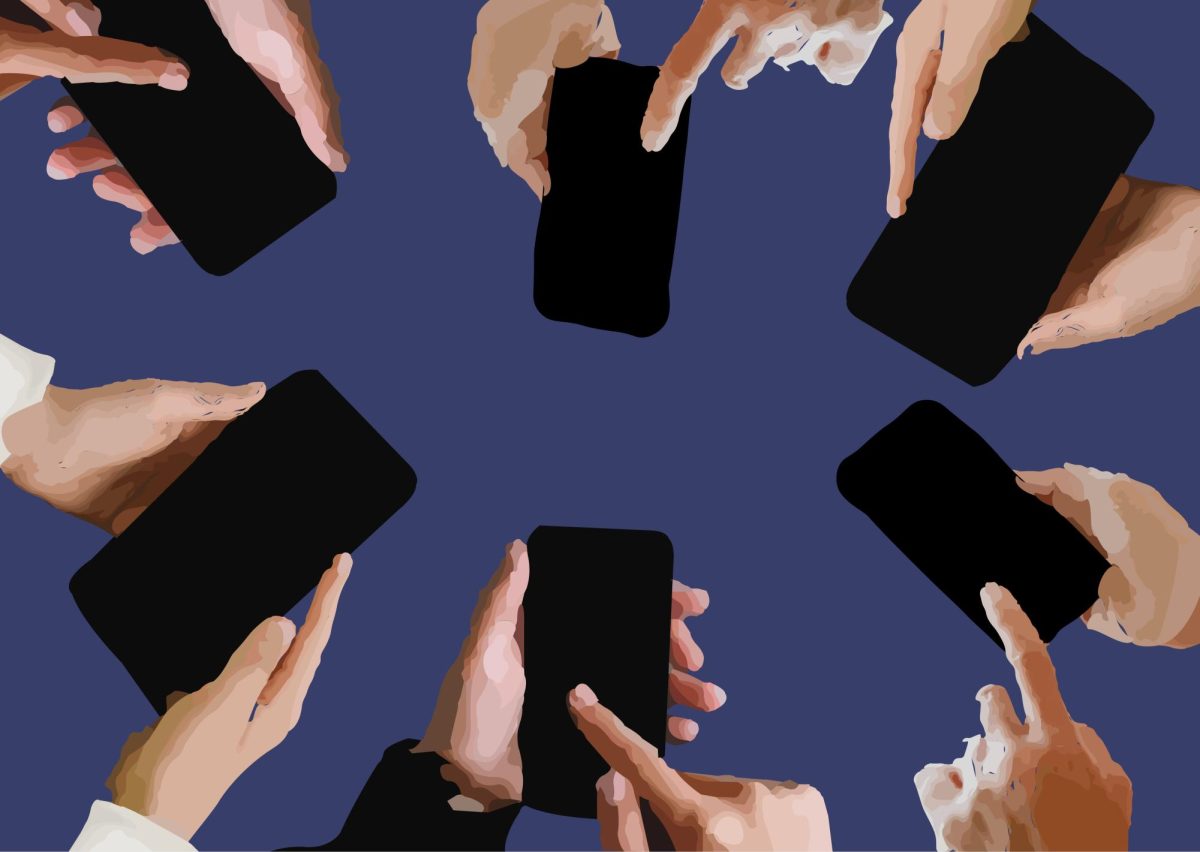





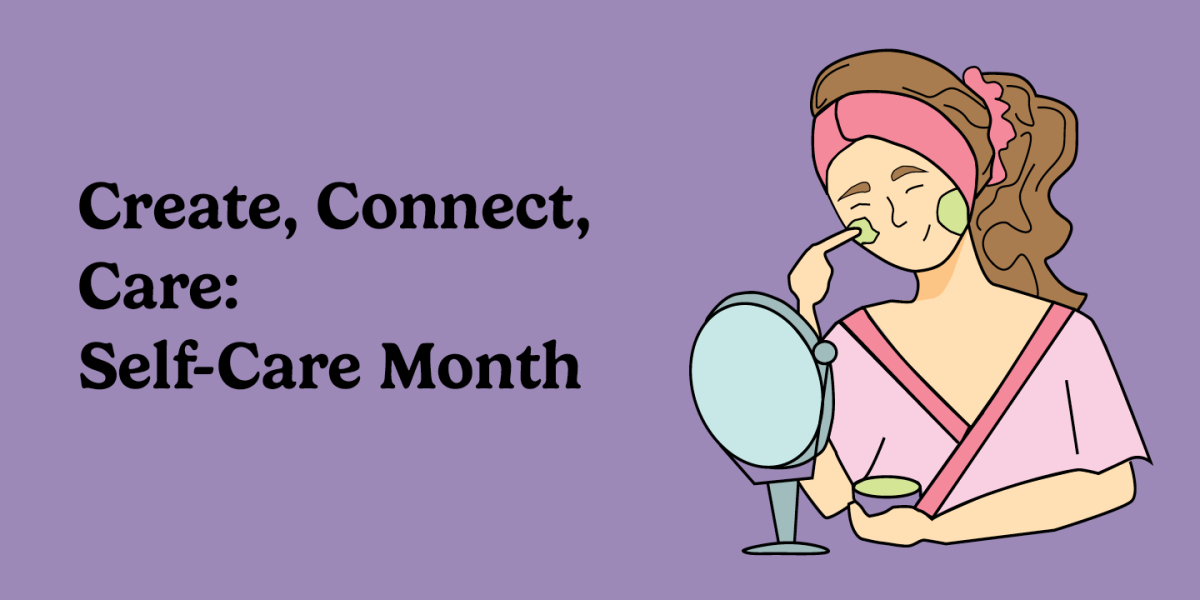
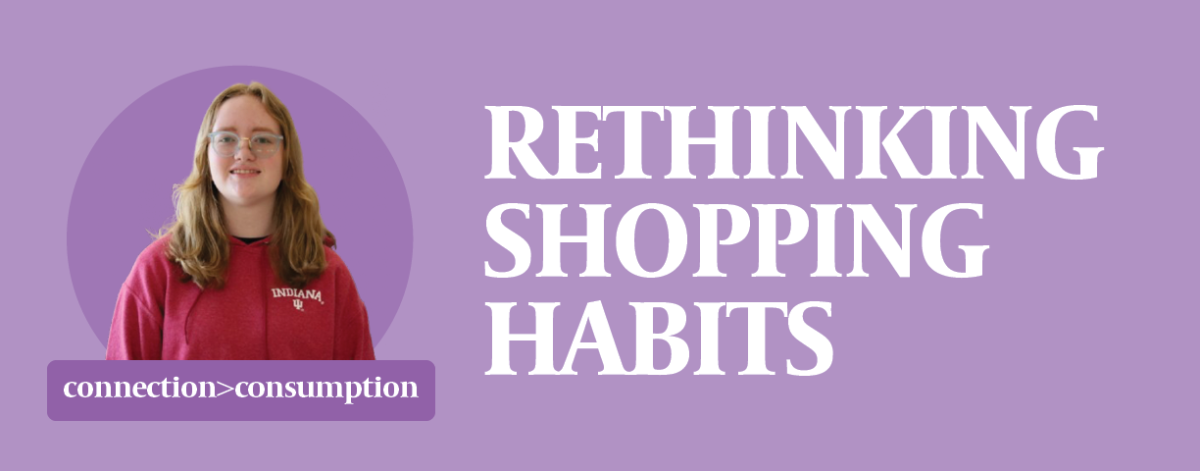



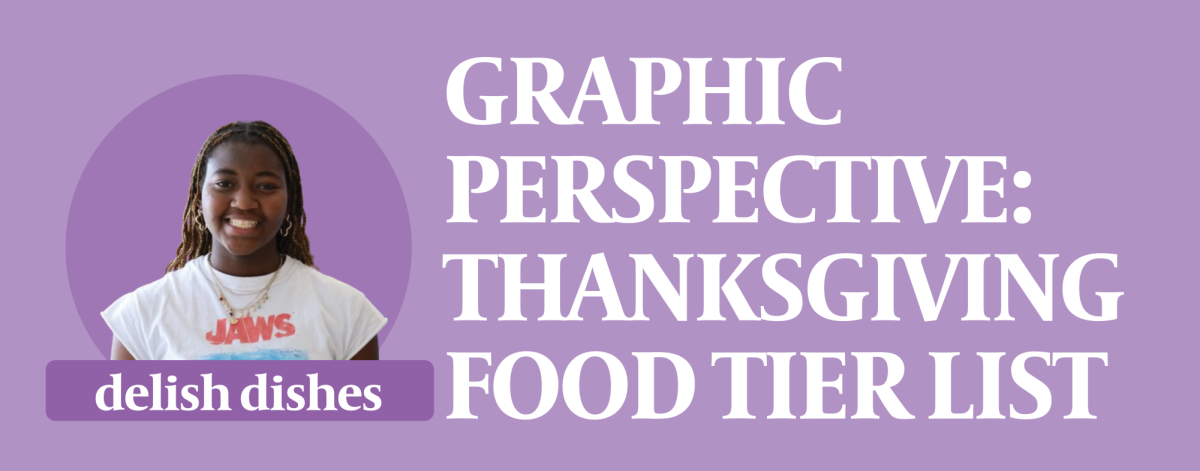

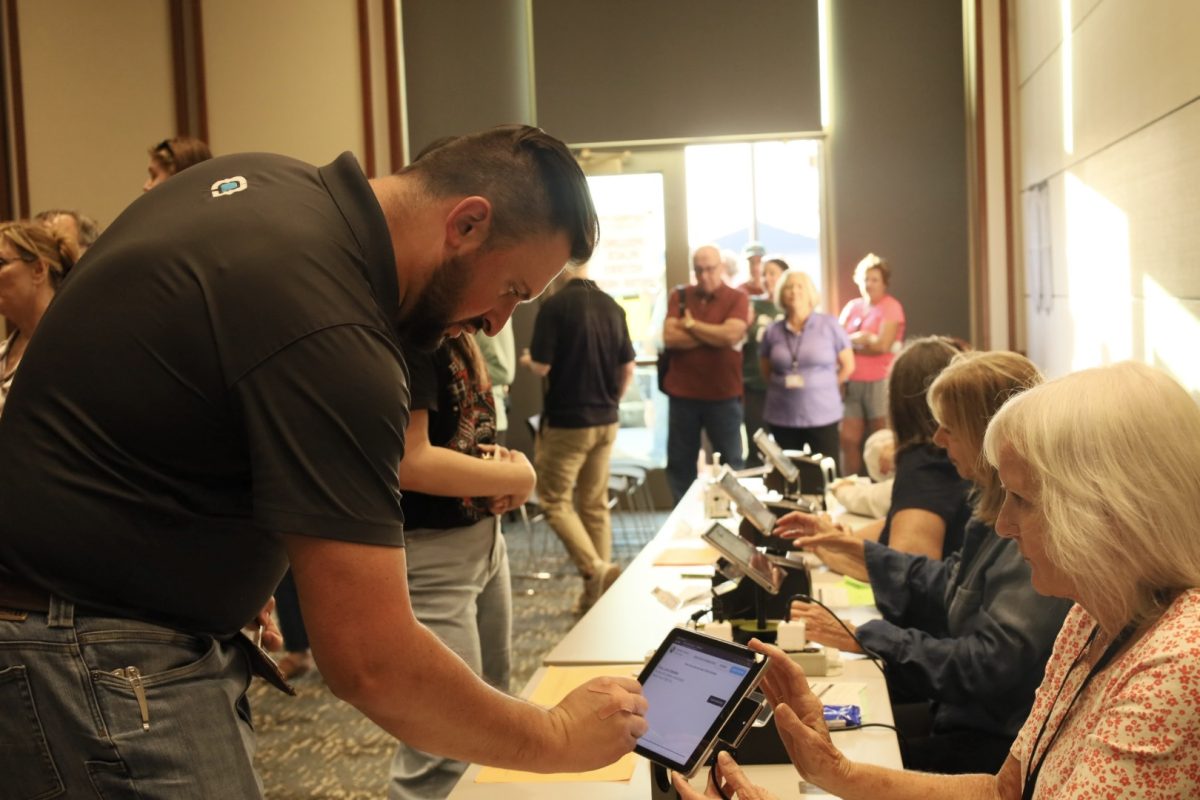




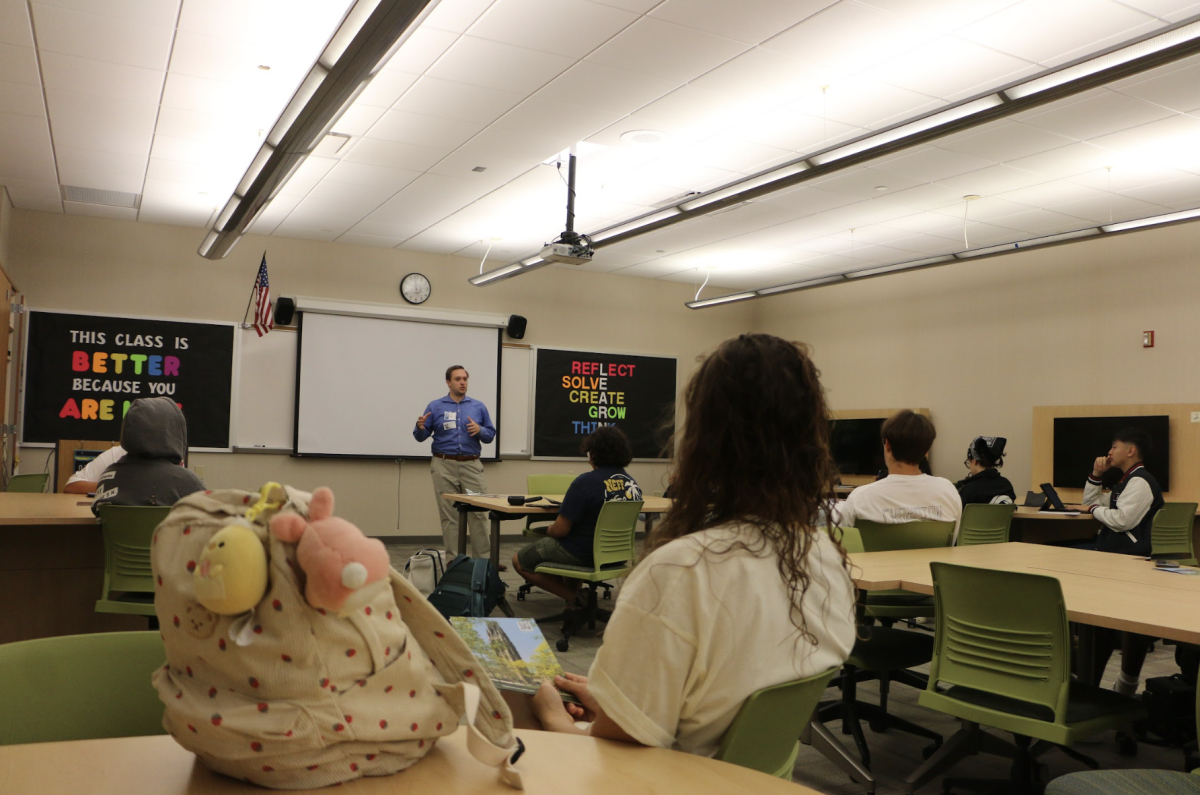








!["Wicked" poster controversy sparks a debate about the importance of accuracy versus artistic freedom [opinion]](https://hilite.org/wp-content/uploads/2024/11/riva-perspective-cover-1200x471.jpg)
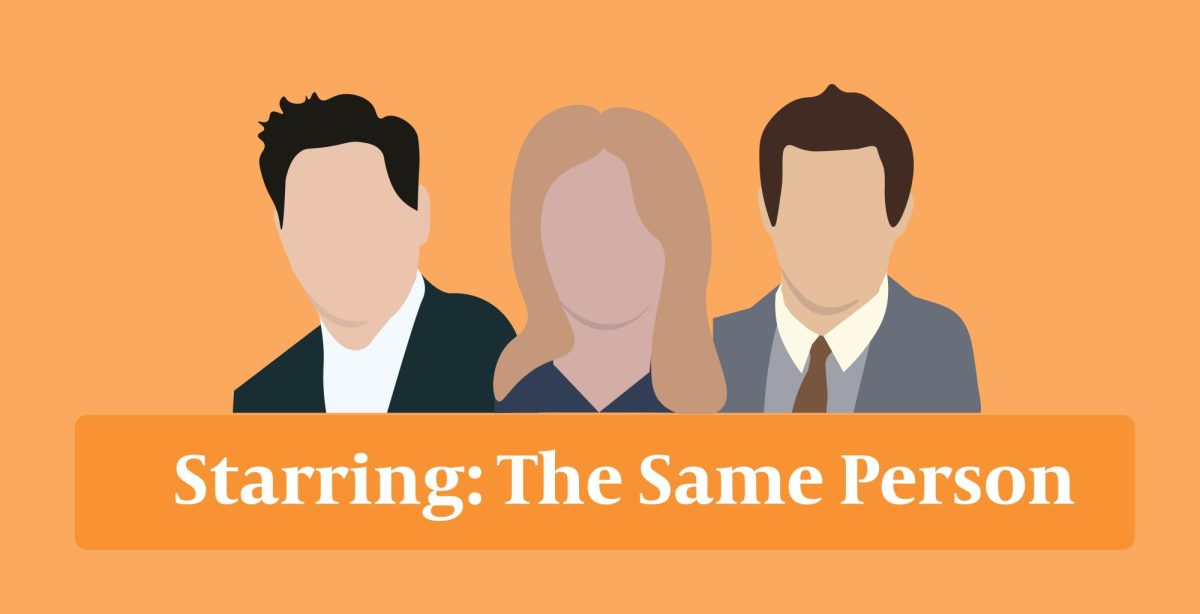
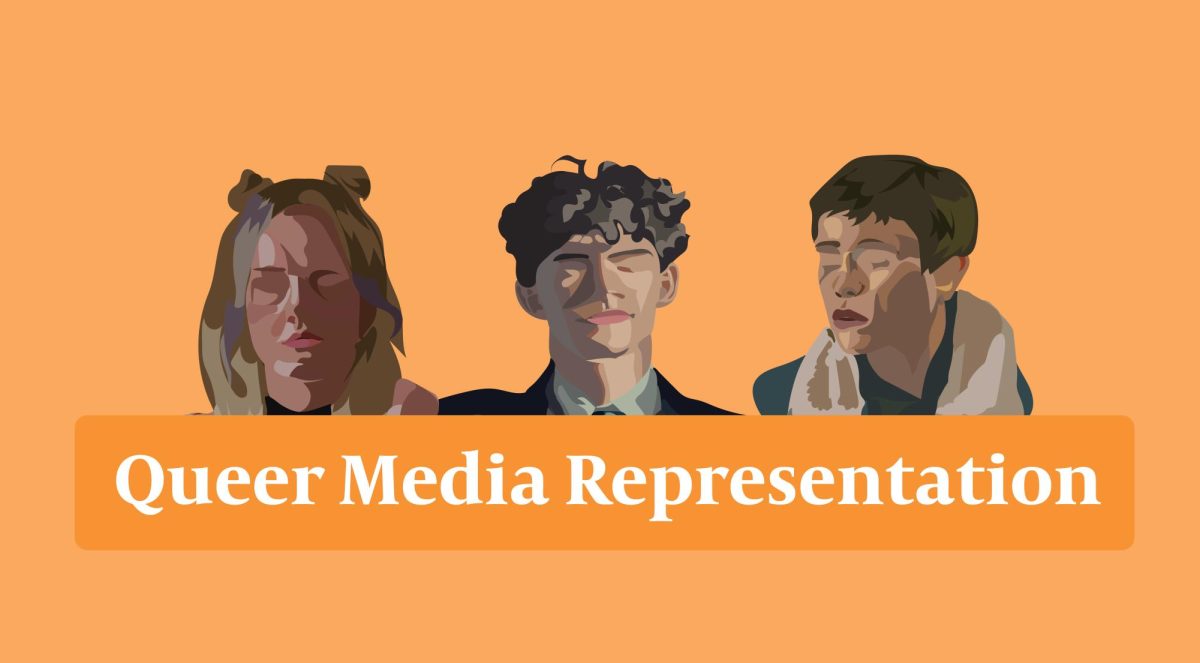
![Chilling or Childish? The downfall of modern horror movies [opinion]](https://hilite.org/wp-content/uploads/2024/10/adjusted-horror-cover-1200x471.jpg)
![“Uglies” is a call for change in the YA dystopian genre [opinion]](https://hilite.org/wp-content/uploads/2024/10/Perspectives-Cover-1200x471.jpg)



























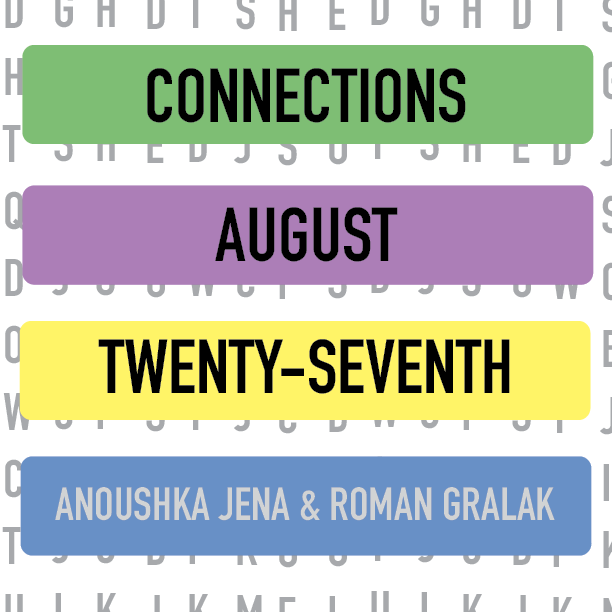







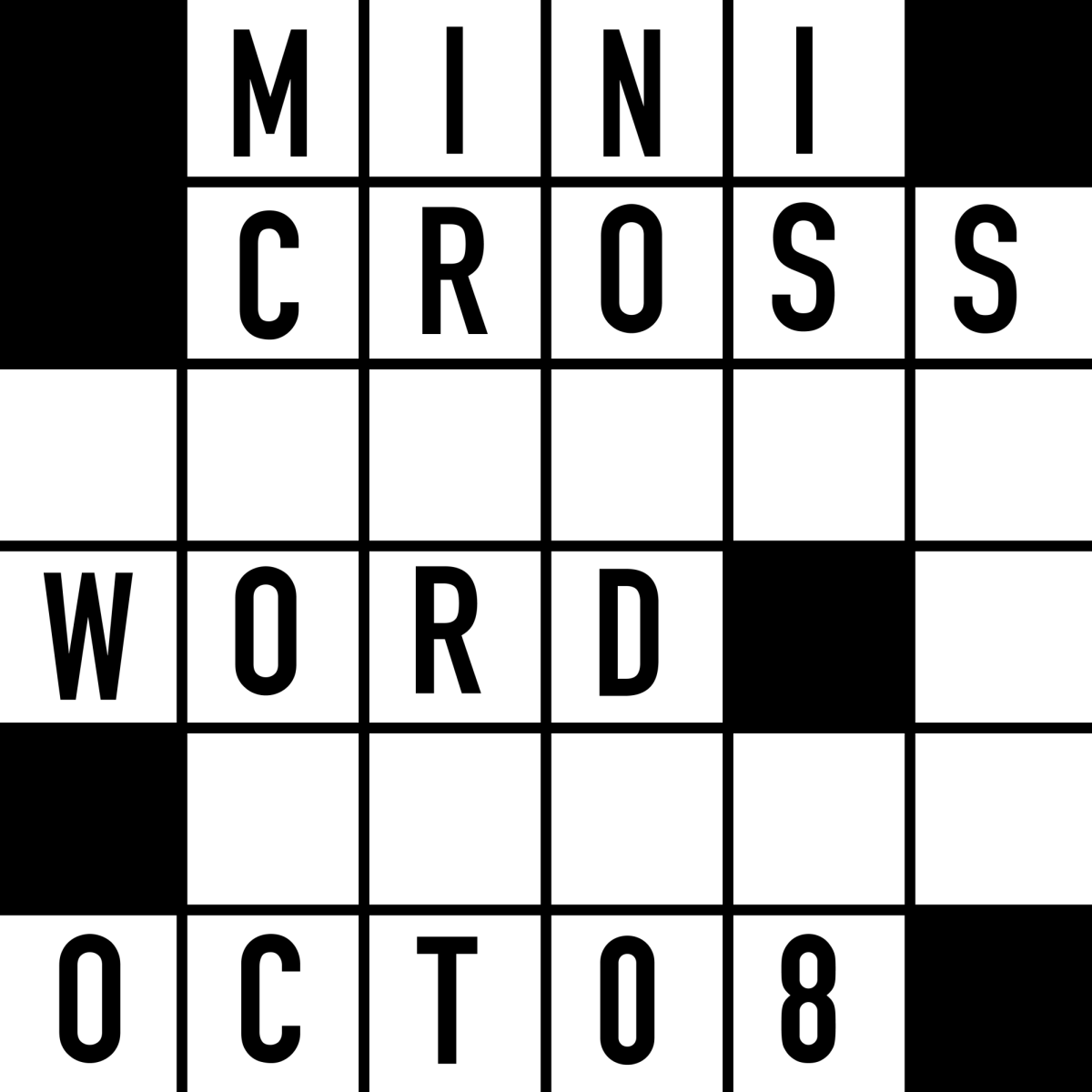


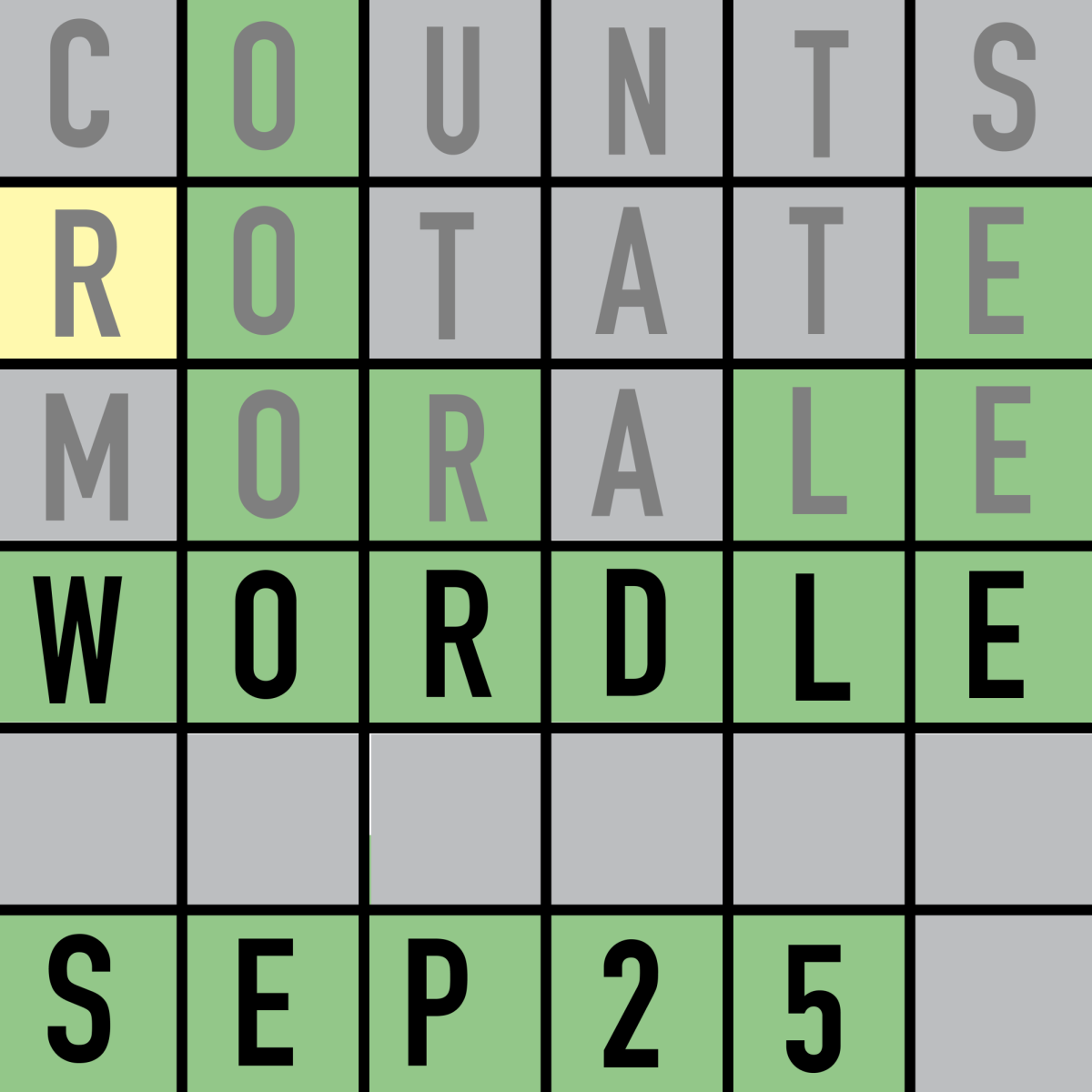
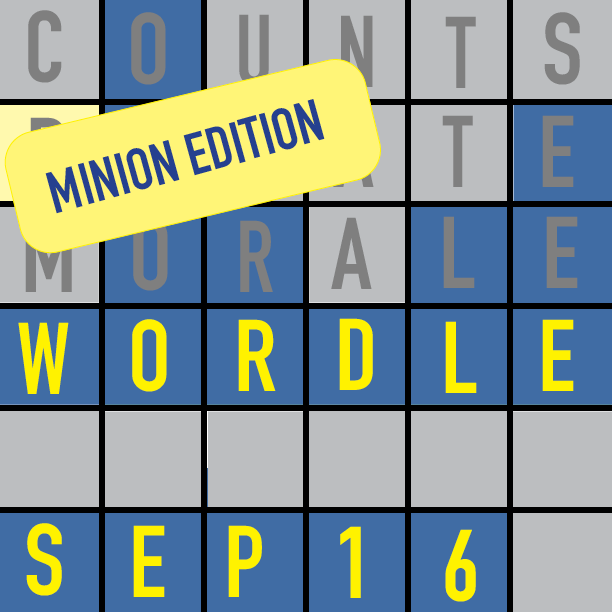


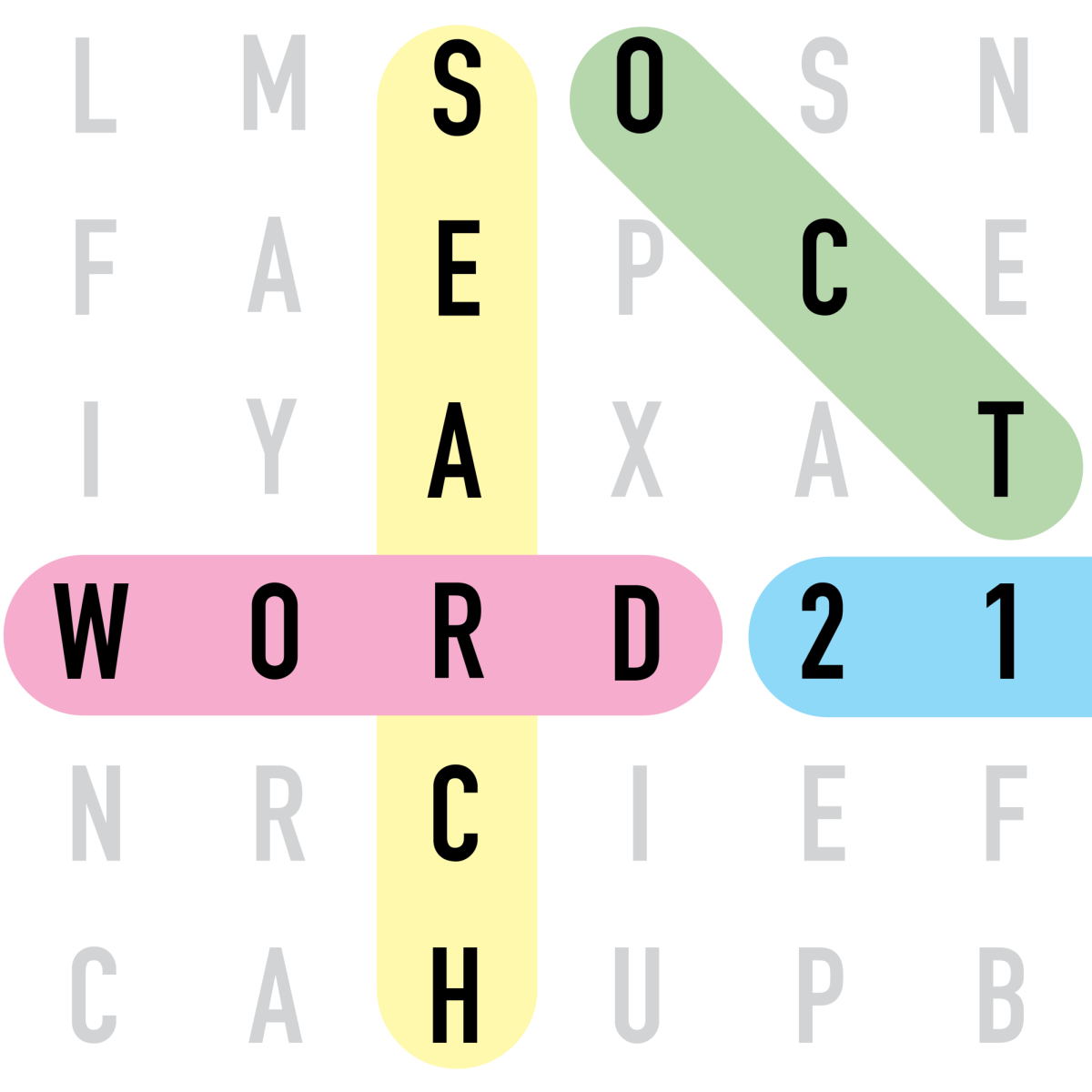
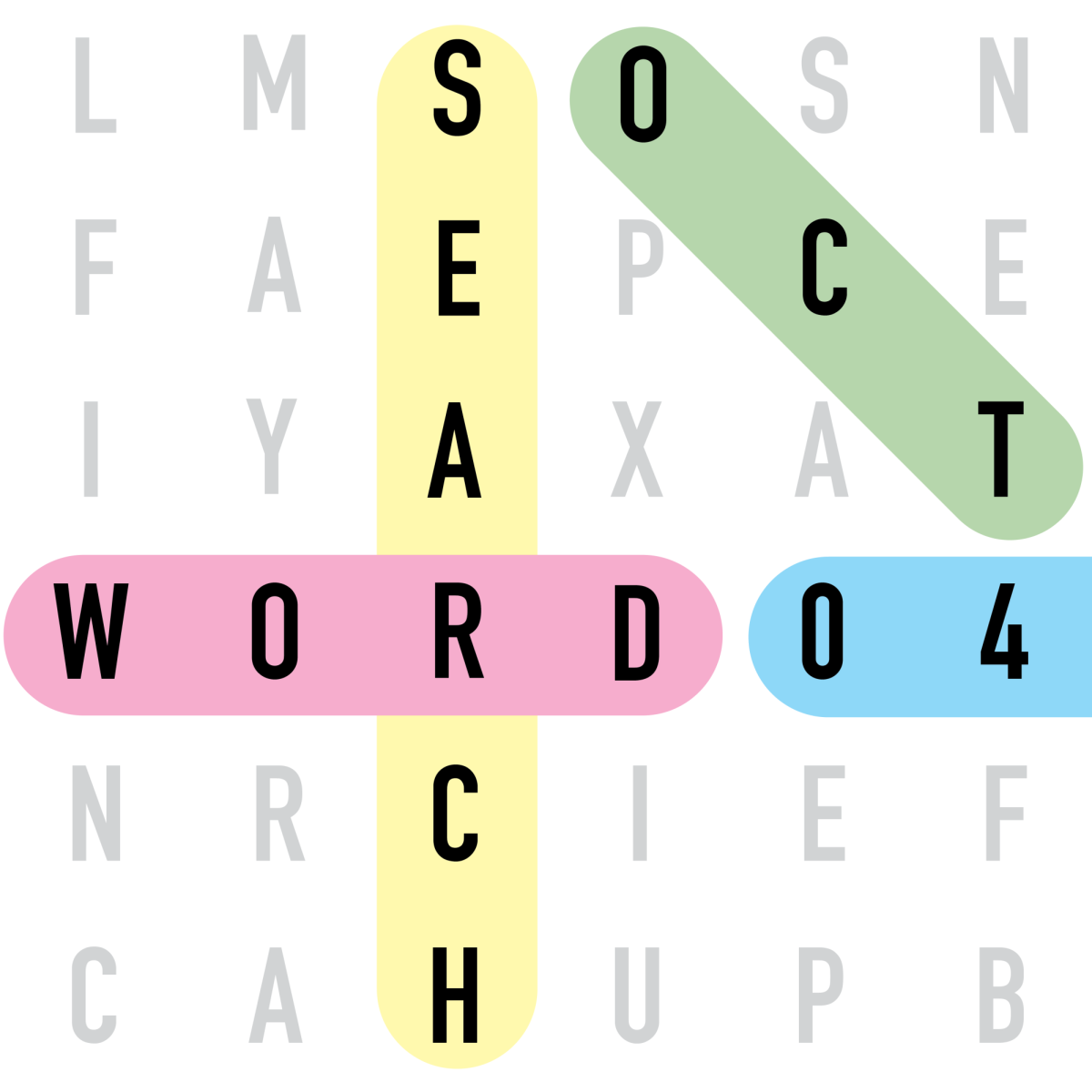
![Review: “Arcane” Season 2 exceeds expectations, but leaves the finale as the make or break of the series [MUSE]](https://hilite.org/wp-content/uploads/2024/11/GUddsa6XIAAuDuB-1-e1723281667555-1200x676.jpg)
![Review: Indy Scream Park is a perfect level of spook to kickstart the Halloween season [MUSE]](https://hilite.org/wp-content/uploads/2024/11/IMG_1383.jpg)
![Review: “Saturday Night” is a chaotic and thrilling look at the origins of “Saturday Night Live” [MUSE]](https://hilite.org/wp-content/uploads/2024/10/snl-1200x800.jpg)
![Review: “Megalopolis” is a bold, bewildering mess [MUSE]](https://hilite.org/wp-content/uploads/2024/10/MV5BYTk3MjUzMGItYmU1NC00M2YyLThmNDMtNDI4NjkxNjgzMjQzXkEyXkFqcGdeQXRyYW5zY29kZS13b3JrZmxvdw@@._V1_-1200x675.jpg)
![Review in Print: Maripaz Villar brings a delightfully unique style to the world of WEBTOON [MUSE]](https://hilite.org/wp-content/uploads/2023/12/maripazcover-1200x960.jpg)
![Review: “The Sword of Kaigen” is a masterpiece [MUSE]](https://hilite.org/wp-content/uploads/2023/11/Screenshot-2023-11-26-201051.png)
![Review: Gateron Oil Kings, great linear switches, okay price [MUSE]](https://hilite.org/wp-content/uploads/2023/11/Screenshot-2023-11-26-200553.png)
![Review: “A Haunting in Venice” is a significant improvement from other Agatha Christie adaptations [MUSE]](https://hilite.org/wp-content/uploads/2023/11/e7ee2938a6d422669771bce6d8088521.jpg)
![Review: A Thanksgiving story from elementary school, still just as interesting [MUSE]](https://hilite.org/wp-content/uploads/2023/11/Screenshot-2023-11-26-195514-987x1200.png)
![Review: "When I Fly Towards You", cute, uplifting youth drama [MUSE]](https://hilite.org/wp-content/uploads/2023/09/When-I-Fly-Towards-You-Chinese-drama.png)
![Postcards from Muse: Hawaii Travel Diary [MUSE]](https://hilite.org/wp-content/uploads/2023/09/My-project-1-1200x1200.jpg)
![Review: "Ladybug & Cat Noir: The Movie," departure from original show [MUSE]](https://hilite.org/wp-content/uploads/2023/09/Ladybug__Cat_Noir_-_The_Movie_poster.jpg)
![Review in Print: "Hidden Love" is the cute, uplifting drama everyone needs [MUSE]](https://hilite.org/wp-content/uploads/2023/09/hiddenlovecover-e1693597208225-1030x1200.png)
![Review in Print: "Heartstopper" is the heartwarming queer romance we all need [MUSE]](https://hilite.org/wp-content/uploads/2023/08/museheartstoppercover-1200x654.png)





